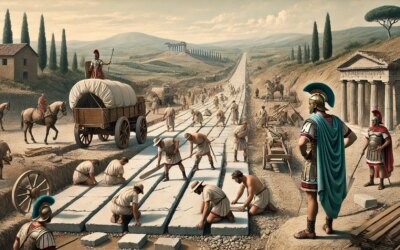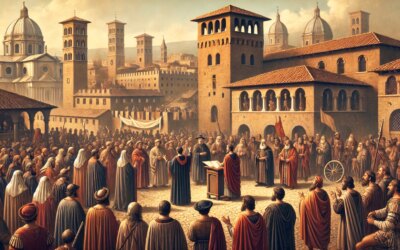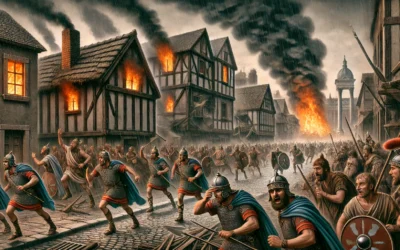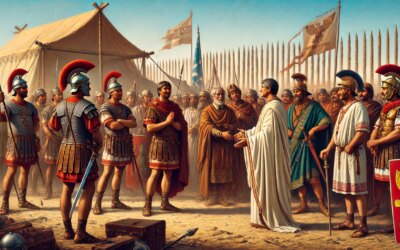Introduction: A Voice for a Lost Glory
In the turbulent year of 1347, a charismatic figure named Cola di Rienzo captured the imagination of Rome’s people. In a city fractured by noble feuds and weakened by centuries of decline, Cola di Rienzo proclaimed a bold vision: to restore the grandeur of the ancient Roman Republic. His election as Tribune marked a rare moment of popular uprising, a brief and shining attempt to reclaim civic pride from the ruins of a forgotten empire.
The State of Rome in the 14th Century
By the 1300s, Rome was a mere shadow of its imperial past. The Papacy had fled to Avignon, France, and the once-mighty city languished under the domination of feuding aristocratic families. Lawlessness reigned, public order had collapsed, and the ancient monuments stood silent witnesses to Rome’s fall from grace. It was in this context that Cola di Rienzo emerged, advocating for a revival of Roman ideals based on justice, order, and the common good.
Cola di Rienzo: The Man and His Vision
Born into a modest family, Cola was a notary by profession and a passionate student of Roman history. His speeches invoked the glories of Cicero and the ancient Senate, promising a new age where all Romans, regardless of noble blood, would have a voice. Inspired by dreams of justice and unity, he gained popular support among artisans, merchants, and the disenfranchised.
The Dramatic Election
On May 20, 1347, amid mounting tensions, the Roman people acclaimed Cola di Rienzo as Tribune in a ceremony staged at the Capitoline Hill. Cloaked in the traditions of antiquity, he established a set of laws—the “Buoni Statuti”—designed to curb aristocratic violence, ensure fair taxation, and restore civic dignity. His public coronation, staged with grandeur amid ancient ruins, symbolized the rebirth of Rome’s lost republican spirit.
Challenges and Downfall
Despite his initial successes, Cola’s rule quickly encountered fierce resistance. The noble families, threatened by his populist reforms and anti-corruption campaigns, plotted against him. Moreover, his increasingly autocratic style and grandiose proclamations alienated parts of the populace and clergy. By December 1347, facing growing opposition and dwindling support, Cola was forced to flee the city.
The Legacy of Cola di Rienzo
Though his reign was brief, Cola di Rienzo left an indelible mark on Rome’s imagination. To many later thinkers and writers, he became a symbol of idealistic, if flawed, republicanism. Petrarch, the great humanist poet, supported his vision and lamented his fall. Even centuries later, Cola’s dream of restoring civic virtue and reviving Rome’s grandeur would inspire Renaissance artists and political theorists alike.
Conclusion: A Dream Deferred, Not Forgotten
Cola di Rienzo’s rise and fall encapsulate the eternal tension between lofty ideals and harsh realities. His attempt to bridge Rome’s glorious past with its turbulent present stands as a poignant chapter in the city’s long story—a reminder that even amidst ruin, the idea of Rome as a beacon of civic pride and justice can never be fully extinguished.






